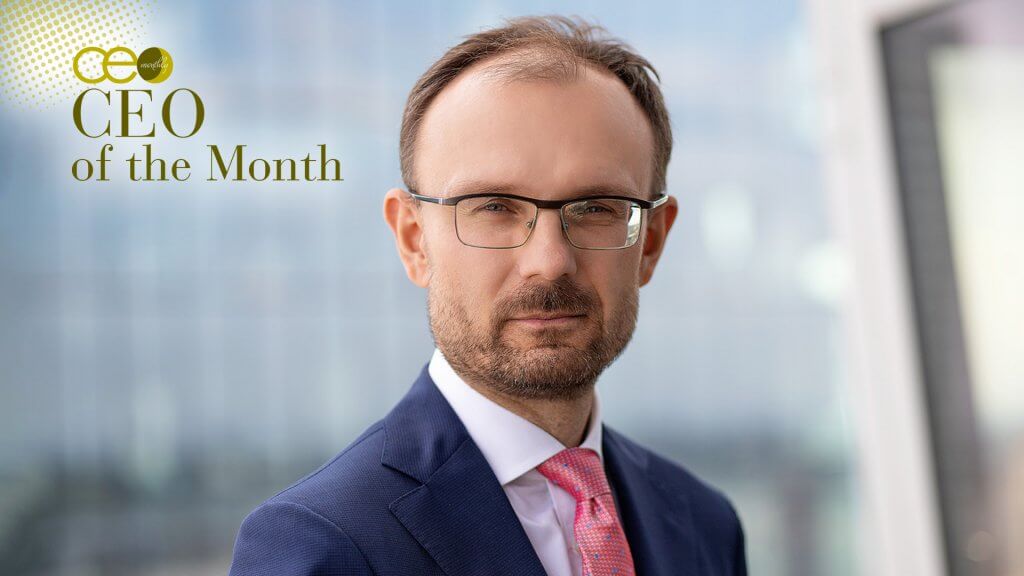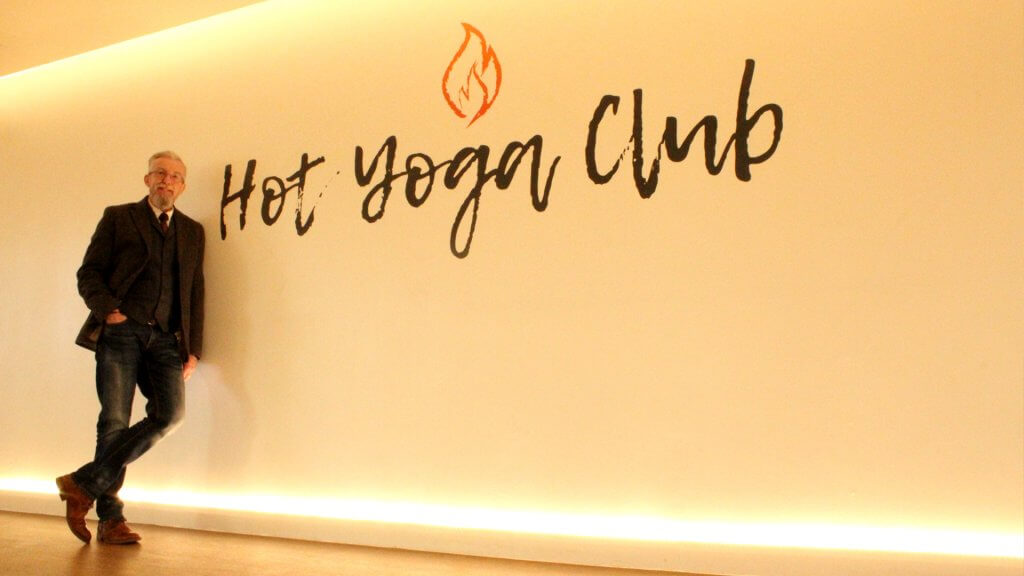The world of PR and communications is one that is constantly changing – the extraordinary period since February 2020 is testament to that shift. To keep up with these developments, a business requires a leader who can adapt, who can influence and ...
Explore In-Depth CEO Insights and Articles
Explore our extensive collection of articles featuring the latest insights, trends, and success stories from top business leaders. Stay informed with expert analysis and in-depth content that covers a wide range of topics in leadership and innovation. Browse now to stay ahead in the business world.

Browse Our Latest Articles
Explore the latest articles, featuring expert insights, groundbreaking innovations, and success stories from visionary business leaders. From leadership strategies to industry trends, our articles deliver the knowledge you need to stay informed and inspired. Dive in and stay ahead in the ever-evolving world of business leadership.
As the COVID-19 emergency evolves, SME directors and owners are inspiring their teams, and charting as clear a course out of this public health and economic crisis as they possibly can.
So often do members of the various departments in a business have a narrow view of the company as a whole. This can have a detrimental effect on staff productivity and company culture, and is something that business leaders should be tackling. Cre...
In each issue of CEO Monthly, we seek to highlight those individuals who have made a tangible impact on their businesses by being outstanding CEOs. March sees Robert Kubin take the spotlight, for his work as part of Polish insurance group PZU, and...
Every breakthrough, every goal, every moment of corporate brilliance begins with a vision. That is the belief of the team at Keysight Technologies, instilled in them by CEO of the Year 2019 – The USA, Ron Nersesian. To discover how the firm and it...
Jamie Beaton, CEO of Crimson Education, reveals how he started his £200 million education business. He discusses the challenges he has overcome and shares his successes.
Lightspeed Research, now part of Kantar, are in the market for leading market research, driven by a need to understand ‘truth through data’. Earlier this year, CEO Monthly recognised Lightspeed Research’s Global Chief Executive Officer, Caroline F...
Peter Williams is the Managing Director of premium health, fitness & wellbeing centre The Thames Club.
Founded in 2005 by visionary retail expert Peter O’Toole, RMS has consistently grown year on year to become one of the country’s leading merchandising companies for many of the top retailers throughout the United Kingdom. Following the passing of ...
There can be no doubt that Mihai Ivascu has made a bombastic impact on the global technology space. As CEO and Founder of Modex, he has become one of the leaders of a landscape that has become defined by innovation, evolution and adaptation. We sp...
Abreos Biosciences is a privately-owned San Diego-based biotechnology company that develops precision dosing solutions for biologic therapies. We spoke with CEO Bradley Messmer to find out more about his company and their ground-breaking work.
PRS for Music has announced the appointment of two new members of its Executive Leadership Team. Roger James joins as Chief Commercial Officer and General Counsel and Mark Krajewski takes up the role as Chief Information Officer.












